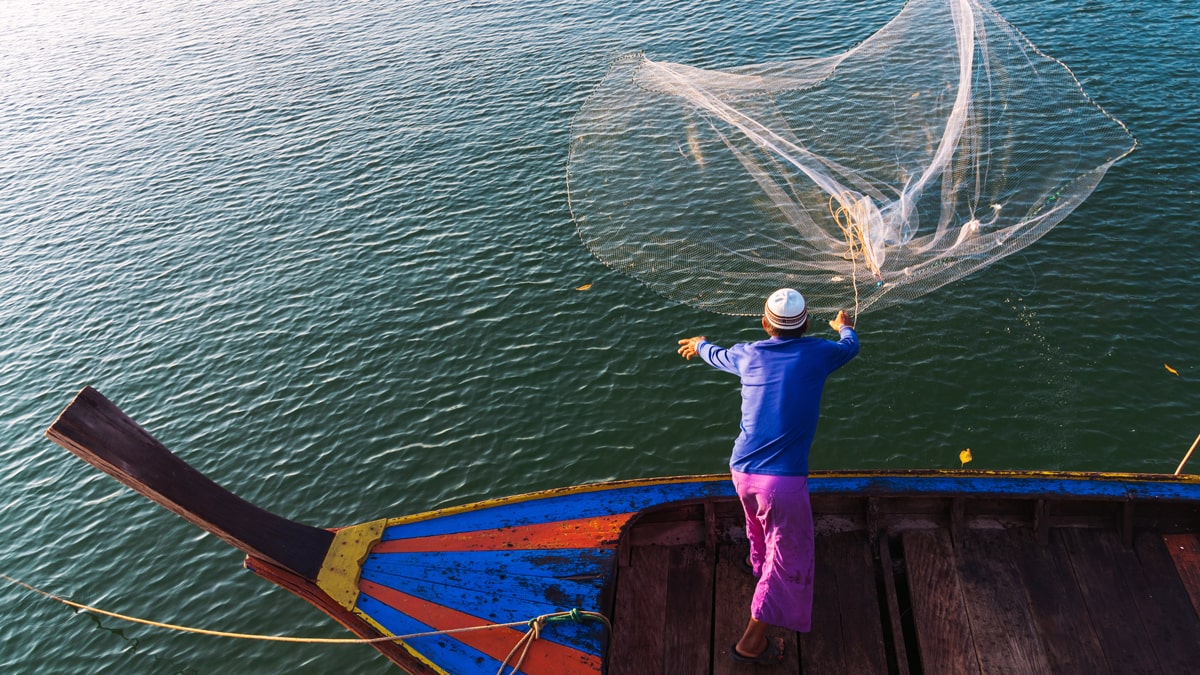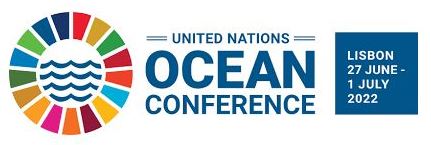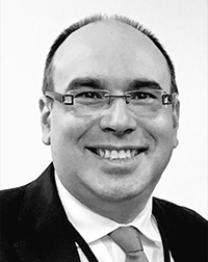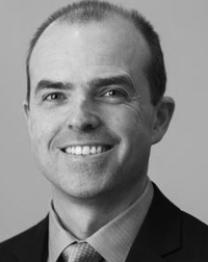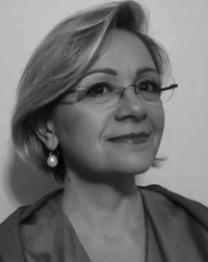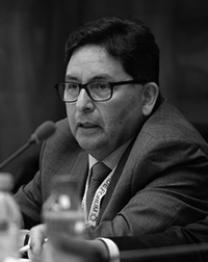Background note:
It is only through synchronous layers of capacity development – from entry-level approaches for the wider public to knowledge-sharing between experts and high-level decision-makers and government officials – that the diffusion of Ocean Knowledge will turn into Ocean Action. While the urgency and timeliness of capacity development has been increasingly acknowledged internationally and regionally, knowledge on the ocean economy remains somewhat fragmented. The United Nations Institute for Training and Research (UNITAR), the United Nations Conference on Trade and Development (UNCTAD), the International Ocean Institute (IOI), and GOAL Global are joining forces to present the resources they can offer towards capacity development, which come to full effectiveness when synergized.
UNITAR, in cooperation with the One Ocean Hub and the University of Strathclyde, will launch the knowledge-translation platform “One Ocean Learn”. UNCTAD will present its database on ocean trade drawing for the first time on all official data reported by UN member states and covering both goods and services. IOI will provide an overview of IOI’s long-standing capacity building initiatives and training opportunities, with special emphasis on the IOI Ocean Academy, an online, easily accessible, free-to-all ocean literacy product designed to support the local and regional literacy needs of stakeholders and interested persons. GOAL Global will present its Resilience of the Blue Economy strategy, which uses an innovative Local Systems Approach that leverages the potential of critical markets systems to create incentives for social inclusion and environmental conservation.
The event will identify the partnerships that can be achieved to create synergies for ocean action. Ms. Alicia Montalvo, Manager of Climate Action and Positive Biodiversity at the Development Bank of Latin America (CAF), will introduce the CAF Observatory for conservation and sustainable use of marine biodiversity, with a focus on the Caribbean and Easter Tropical Pacific Corridor (CMAR).
Speakers:
- Ms. Antonella Vassallo, Managing Director, IOI
- Mr. David Vivas Eugui, Legal Officer, UNCTAD
- Mrs. Elisa Morgera, Professor of Global Environmental Law, University of Strathclyde Law School, Glasgow (UK) and Director of the One Ocean Hub
- Mr. René Gómez-Garcia, Head of Green Business Unit, CAF
- Mr. Bernard McCaul, Latin America and the Caribbean (LAC) Regional Director and Deputy Director, Programme Design and Innovation, GOAL Global
Moderator:
- Mr. Niall McDonough, Director of Policy Information and Research Support Services, Marine Institute
Open Discussion
David Vivas Eugui is Chief of Ocean and Circular Economy Unit, a.i., Trade, Environment, Climate Change and Sustainable Development Branch, at UNCTAD.
Previously, he was a Senior Economic Affairs Officer in UNCTAD’s Trade Negotiations and Commercial Diplomacy Branch, Deputy Programmes Director at the International Centre for Trade and Sustainable Development (ICTSD), Senior Attorney at the Center for International Environmental Law (CIEL), Attaché for Legal Affairs at the Mission of Venezuela to the World Trade Organization (WTO) and Staff Attorney at the Venezuelan Institute of Foreign Trade. David is an international expert with more than 20 years of experience on legal and economic issues.
He has worked as an advisor and consultant for various institutions, international and national organizations and has lectured on intellectual property, trade, oceans economy and environmental law at the University of Strasbourg (CEIPI), Universidad de Buenos Aires (Argentina), Universidad Javeriana (Colombia), Maastricht University (the Netherlands), WIPO Distant Learning Academy, and University of Business and International Studies (Switzerland).
He holds a JD from the Universidad Catolica Andres Bello, an LLM from Georgetown University and a Master in Transnational Business from the Universidad Externado de Colombia.
Mr. Bernard McCaul has been leading GOAL’s programmes in the Latin America and Caribbean Region for over 15 years.
Fluent in Spanish, Bernard led the transformation and growth of GOAL’s programme in the LAC region which under his direction now includes major regional programmes such as the Resilience of the Blue Economy which aims to protect the livelihoods and way of life of indigenous and Afro-descendent communities, the Resilient and Inclusive Neighbourhood approach which is being implemented in eight cities in the region and Humanitarian Leadership through which GOAL is responding to major crises such as the ongoing Venezuelan Migrant Crisis, Haiti Earthquake Response and others.
Bernard was the driving force behind the establishment of GOAL’s Programme Innovation LAB and led the development of the Resilience for Social Systems Approach and Analysis of Resilience of Communities to Disaster Toolkit which have been acclaimed in the sector. Bernard was one of the architects of GOAL’s new strategic focus, From Crisis to Resilience, which sets out a vision for overcoming humanitarian crisis.
The LAC Region comprises 33 countries and has a population of 652 million. The Region is considered one of the most vulnerable in the world to disasters, due to natural and man-made threats and comprises some of the most unequal countries in the world (according to the World Economic Forum GINI Index). 80% of the population live in urban areas in 2021 which has accelerated over the last 10+years due to climate changes, conflict and the increase rural to urban migration.
Bernard is originally from Cork, Ireland and began his career as a consulting engineering delivering large public/private partnerships in water services.
Dr. Niall McDonough originally trained as a marine biologist with research interests in marine aquaculture, shellfish stock restoration and marine resource management. He holds a first class BA Mod. in Zoology from Trinity College Dublin (1993) and a PhD from Queen’s University Belfast (1998).
Following two years at the Environmental Change Institute at National University Ireland, Galway, Niall served for five years as General Manager of the Centre for Marine Resources and Mariculture (C-Mar), an innovation centre at Queen’s University Belfast providing research, technical and advisory services for the emerging marine aquaculture sector. From 2007 to 2009 he worked with the Marine Institute’s international cooperation programme. In 2009, he was appointed Executive Director of the European Marine Board (EMB), a European marine science policy organisation based at the InnovOcean campus in Ostend, Belgium. He returned to Ireland in 2017 to take up his current role with the Marine Institute.
As Director of PIRS, Niall oversees a team and programme of work that plays a key role in supporting and promoting marine research and innovation at national and international level. He coordinates the implementation of Ireland’s Marine Research and Innovation Strategy (2017-2022) and chairs the national Marine Research Funders’ Forum. He oversees the Marine Institute’s circa €7m per annum external research funding programme and is a member of the Irish Government’s Innovation 2020 Implementation Group and Horizon Europe High-Level Group. In November 2020, he was elected Chair of the European Joint Programming Initiative on Healthy and Productive Seas and Oceans.
Elisa specializes in international biodiversity law and its linkages with human rights, notably the rights of indigenous peoples and small-scale fishers, everyone’s right to health and science, and business responsibility to respect human rights.
The Hub is a global inter-disciplinary collaboration of research institutions in the UK, Africa, South Pacific and the Caribbean, as well as UN agencies and other international partners, that is pioneering research on human rights and the marine environment, society and culture to support fair and inclusive decision-making for a healthy ocean whereby people and planet flourish.
Managing Director of the International Ocean Institute, member of the IOI Governing Board, responsible for the IOI Secretariat, and the coordination and expansion of IOI training and education efforts in Ocean Governance, in line with IOI strategy. IOI training events are offered through the global network of IOI Centres, Focal Points and Alumni graduands of IOI’s training programmes since 1972. A recent IOI capacity development project, launched as a 50th Anniversary programme, is the global IOI Ocean Academy that extends IOI capacity development focus to include online Ocean Literacy programmes with focus on community outreach.
René Gomez Garcia was State Minister for Public Works and Services of Bolivia (2003-2005). He was also Director of Hydrological basins and land at the Ministry of Sustainable Development in Bolivia, as well as the National Coordinator of the Capacity 21 Programme of UNDP. He has more than 27 years of experience in the implementation of irrigation programs in the United States and in various Latin American countries. He has also taught in several private and public universities in Bolivia. He holds a PHD in civil and environmental engineering from the University of California at Davis and a MS in Agriculture and Irrigation Engineering at Utah State University, both in the United States. He is a civil engineer graduated at the Technological Institute of Monterrey, Mexico.

